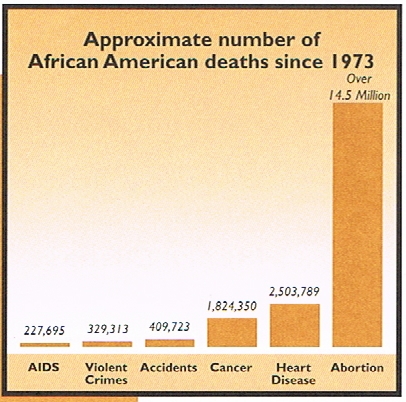 If you’re looking for a special gift for that new college graduate, may I suggest some nicely wrapped compassion?
If you’re looking for a special gift for that new college graduate, may I suggest some nicely wrapped compassion?
This bit of news is both troubling — and disheartening. It doesn’t bode well for the next generation, that’s for sure:
College students today are less likely to “get” the emotions of others than their counterparts 20 and 30 years ago, a new review study suggests.
Specifically, today’s students scored 40 percent lower on a measure of empathy than their elders did.
The findings are based on a review of 72 studies of 14,000 American college students overall conducted between 1979 and 2009.
“We found the biggest drop in empathy after the year 2000,” said Sara Konrath, a researcher at the University of Michigan’s Institute for Social Research.
The study was presented this week at the annual meeting of the Association for Psychological Science in Boston.
Compared with college students of the late 1970s, current students are less likely to agree with statements such as “I sometimes try to understand my friends better by imagining how things look from their perspective,” and “I often have tender, concerned feelings for people less fortunate than me.”
“Many people see the current group of college students – sometimes called ‘Generation Me’ – as one of the most self-centered, narcissistic, competitive, confident and individualistic in recent history,” said Konrath, who is also affiliated with the University of Rochester Department of Psychiatry.
Konrath’s colleague graduate student Edward O’Brien added, “It’s not surprising that this growing emphasis on the self is accompanied by a corresponding devaluation of others.”
Other recent studies have shown mixed results on the character of today’s youth. For instance, one study of more than 450,000 high-school seniors born at different time periods showed today’s youth are no more self-centered than their parents were at their age.
Even so, Konrath and O’Brien suggest several reasons for the lower empathy they found, including the ever-increasing exposure to media in the current generation.
“Compared to 30 years ago, the average American now is exposed to three times as much nonwork-related information,” Konrath said. “In terms of media content, this generation of college students grew up with video games, and a growing body of research, including work done by my colleagues at Michigan, is establishing that exposure to violent media numbs people to the pain of others.”
The rise in social media could also play a role.
“The ease of having ‘friends’ online might make people more likely to just tune out when they don’t feel like responding to others’ problems, a behavior that could carry over offline,” O’Brien said.
Check out more here.

